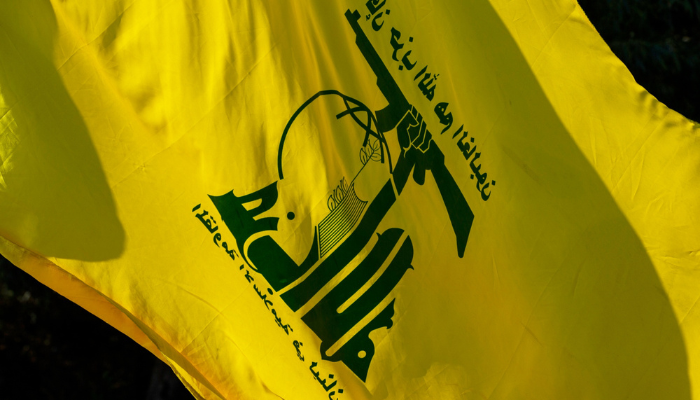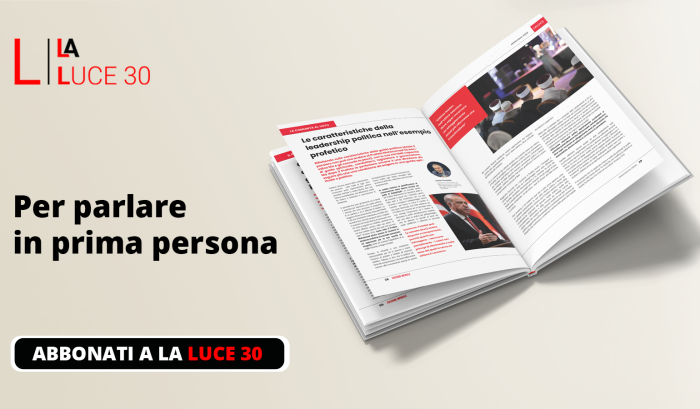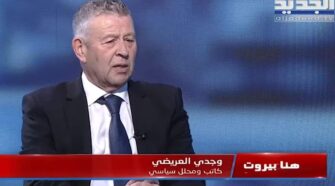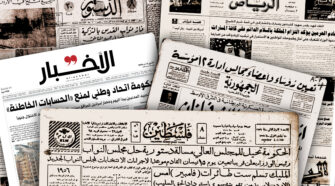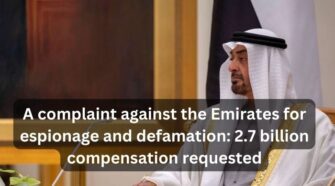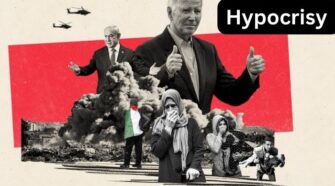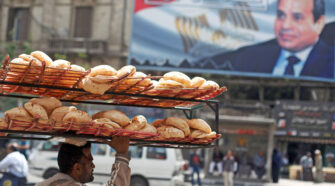Attacks against leaders of the resistance axis, whether Palestinian or Iranian, foreshadow dangerous situations that threaten to trigger a regional war.
First, it is important to clarify that what is happening represents a provocative attempt by Israel, following its failure to achieve its goals in Gaza and the unprecedented genocide it has perpetrated there. Israel has expanded its goals by seeking the elimination of Hamas and the suppression of the Palestinian cause through the killing of civilians and displacement. These actions by the Israeli leadership appear to be aimed at achieving victory in the upcoming elections and regaining public favor after the public began to express strong concern and dissatisfaction with the Israeli abductions on October 7.
Netanyahu’s apparent choice to push the region towards war should therefore be interpreted as an addition to his record of defeats. At the same time, the assassinations of Radhi Mousavi in Damascus and Saleh al-Arouri on the outskirts of Beirut raise questions about the nature of the violations suffered by the Iranian axis with Israeli spies and agents successfully managing to locate the targets. Iran’s failure to react to these operations could be seen in the context of a previous truce with Israel, during which Iran gained significant benefits and which it may be reluctant to give up. Is it possible that Iran is turning a blind eye to these incidents?
Journalist Ahmed Hassan, an expert in Turkish-Arab relations at the Three Continents Center in Istanbul, told the newspaper La Luce News that what is happening behind this series of simultaneous murders in Damascus, Lebanon and Iran is a sign of the Israeli intention to drag the region into a regional war, in which the United States is involved. However, Ahmed Hassan expressed doubts about the possibility of this happening, as Washington does not seem willing to open another front of this scale in the Middle East.
Furthermore, the Kingdom of Saudi Arabia – a highly relevant US ally – is working on the Expo 2030 project and needs to enjoy stability and security in its geographical space, free from potential attacks by the Houthis and the return of disputes and conflicts with Iran having meanwhile successfully signed a security agreement under Chinese patronage, based on stability, peace and reducing the level of tension between Iran and Saudi Arabia.
All these operations targeting the leaders of Iran, Hezbollah and Hamas are therefore to be considered failures as long as the Iranians decide not to respond in the way the Israelis expect. However, the Iranians could decide to use other means, for example pushing the Houthis to intensify missile attacks, piracy, kidnapping of Israeli ships and threatening global trade. The Houthi attacks would therefore continue to increase the state of alert and insecurity in Israel.
In conclusion, while it is true that the region has entered a wider war with the recent attacks in Iran and Lebanon, on the other hand the Iranian axis continues to have many tools at its disposal to respond by undermining Israeli objectives. Despite all these facts, negotiations and political investments remain the protagonists of the crisis, especially as the United States is close to elections and does not want to jeopardize the fragile truce in the context of the civil war in Yemen. However, no one knows when the United States will decide to completely withdraw support for Netanyahu in light of the risk of regional war.




